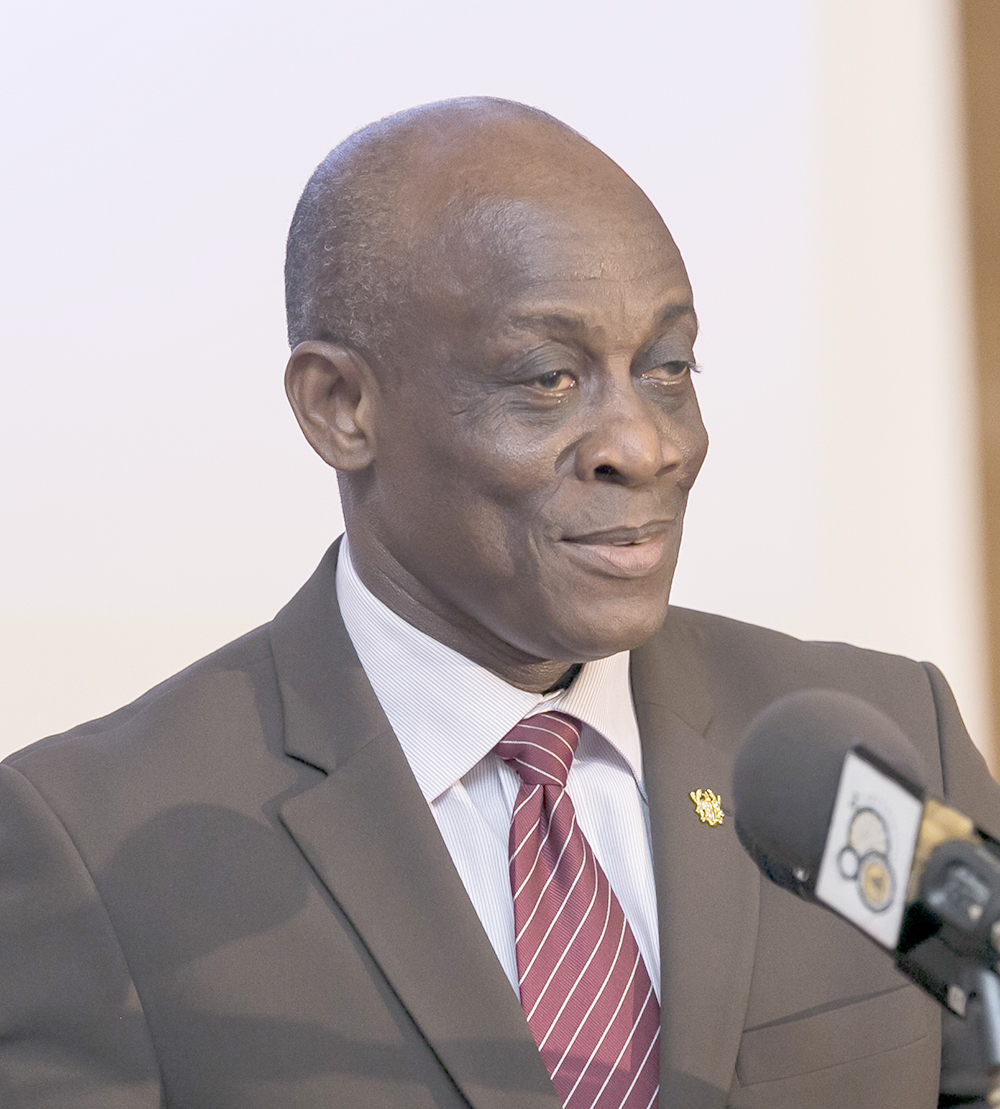
COVID-19 not only cause of fiscal gap - Seth Terkper
A former Minister of Finance and financial consultant, Mr Seth Terkper, has said that the country’s fiscal gap has more to do with other factors than just the COVID-19 pandemic.
“There are underlining issues which we need to tackle. Claiming the gravity of COVID-19 and underplaying other stresses that the economy has gone through will not help,’ he said during a virtual media briefing on “Fiscal Review: Final Lap into the 2022 Budget” on Friday, August 13, 2021, organised by PFM Tax Africa Network.
According to Mr Terpker, Ghana had an expansionary expenditure which it was not able to finance and so depended on loans.
“Then there is a deficit if you are not covering your regular expenditure and you borrow. Our expenditure in terms of interest and wage payments exceed total revenue. We need to adapt our programme to control arrears, for revenue expenditure and bring in administration reforms among others,” he said.
He said Ghana, like all other economies, was susceptible to crisis and must prepare for it.
“We need to face the fact that our fiscal gap existed and we had shown previously about five to six per cent before COVID came to three per cent.
“If we are having this deficit on a recurrent basis as we enter a post-COVID recovery, let us face the fact that we already have a huge task to overcome before we even start preparing for the next crisis,” he said.
Watch: COVID-19: UK donates 249,000 AstraZeneca doses to Ghana (VIDEO)
Advertisement
Need for recovery
On how the country’s revenue was able to contain expenditures and the deficit, he said there would be some recovery through both domestic and external sources (crude oil price recoveries, businesses recovering, particularly the hospitality industry), but the gap was such that Ghana might need to develop a two to three-year plan to contain it.
He said if another way to bridge the deficit gap was to cut expenditure
“We are a middle-income country and so some of those sources for loans are no longer available to us unless under a special dispensation as part of the transitions, so, we have the option of presenting our own programme,” he explained.
He said that going into the 2022 budget, there was the need for some economic recovery.
“We have expansionary policy. The solution is not just revenue but we need to look at expenditures. Is the public sector sustainable and what needs to be done? If our expenditure over revenue is tight then let’s do something about it,” he quizzed.
Read: Don’t make public sector focus of employment - Seth Terkper
Restructuring
Mr Terkper noted the economy could not be restructured without investment from both the private and public sectors.
“Investment is key to productivity and must come from the government with support from the private sector. If you open up the roads in the rural areas, you improve marketing and you reduce post-harvest losses and the investment is able to assure the processor to set up closer and bring the goods out,” he said.
However, he said there was no fixation on taxation as such.
He recalled Ghana became middle income country not because of oil and rebasing alone but because the services sector had overtaken the agriculture sector, and thus, a reason for the rebasing so that services would be given the weight.
He said it was also important to look at the new economy of construction, services and related services with the coming of oil.
“There are many multinationals of global repute engaged in energy services. So, the question is, are you capturing the new economy well, which is another way of stabilising revenue? Otherwise, we are going to continue taxing gold and cocoa but the new gold is the energy sector during the COVID-19 and I am not going to single them out.”

